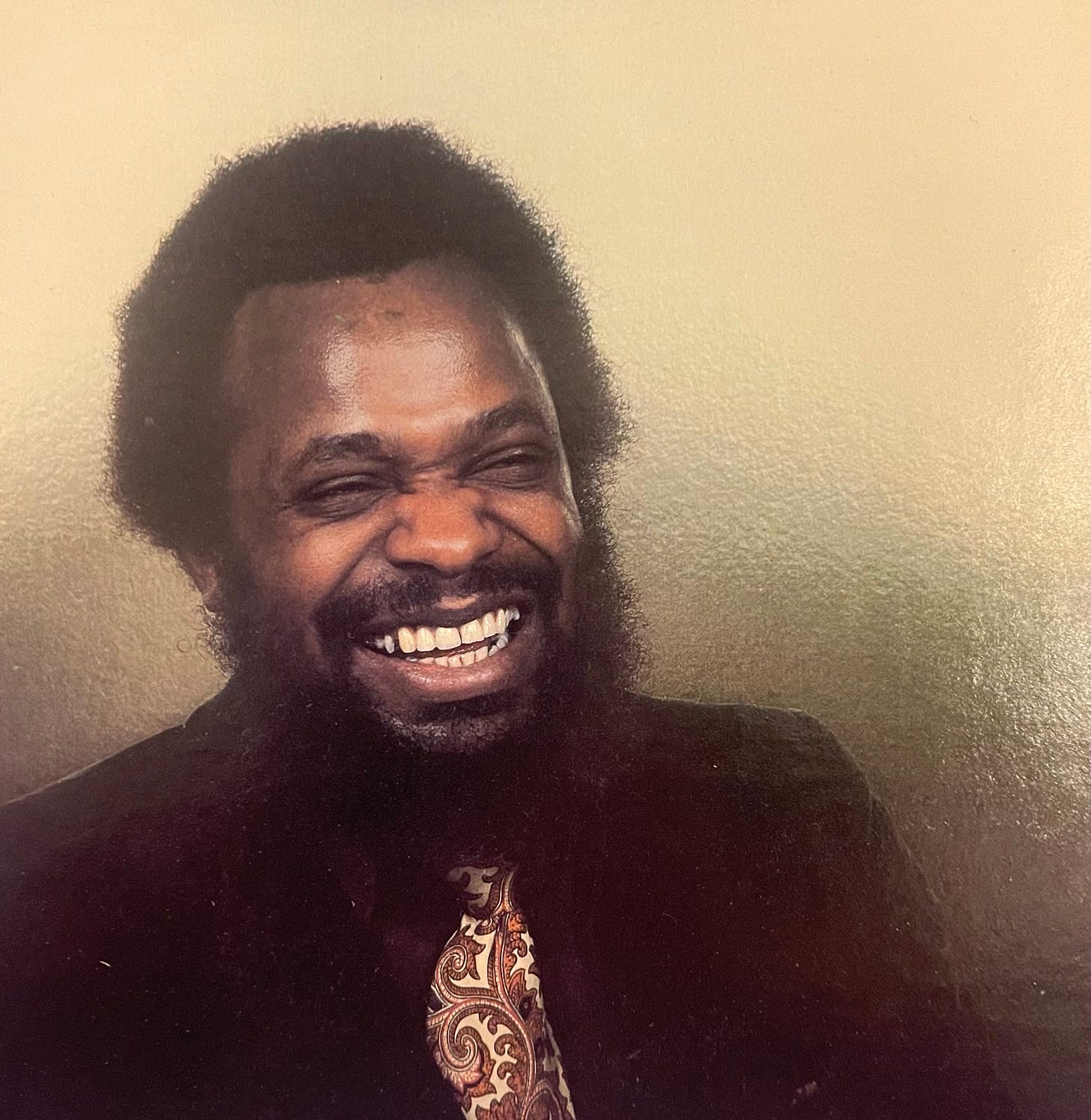In my earliest days in music I came across Archie Shepp’s record The Cry Of My People. I heard a singer sing Come Sunday. I was immediately stunned and my soul somehow sent me the message-what the singer was doing here was the path to follow. All I knew was his name, Joe Lee Wilson, and there was a small picture inside the album. Shortly after this in N…
Keep reading with a 7-day free trial
Subscribe to No Sound Left Behind to keep reading this post and get 7 days of free access to the full post archives.


